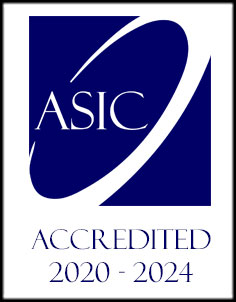Course Overview
A core objective of the UN’s Sustainable Development Goals is to "promote peaceful and inclusive societies for sustainable development, provide access to justice for all and build effective, accountable and inclusive institutions at all levels".
This training will provide interactive learning with skills training to increase participants’ understanding of the key issues in conflict prevention, management and resolution. Course participants will be offered a conceptual framework in conflict resolution in violent contexts as well as deeper understanding in dialogue, negotiation and mediations.
Practical exercises, role plays and case studies aim to provide participants with practical skills, useful for current realities in conflict environments.
Course content includes:
- Understanding sources of conflict , conflict escalation & conflict mapping
- Principles on the prevention of armed conflict, peacemaking and peacebuilding
- Comparative advantage of various conflict prevention actors and multi track diplomacy.
- Skills training in Dialogue, Negotiation and Mediation skills to use in conflict environments
This course has been developed and is led by current practitioners and academic experts in the field of violent conflict, peace and security.
Learning Outcomes
By the end of the course the delegates will be able to:
- Apply the key principles of conflict prevention, management and resolution to help transform conflict and build peace.
- Improve their impact on conflict resolution and peacebuilding objectives
- Engage stakeholders and mobilise support to promote sustainable peace
- Apply the key principles of conflict management and prevention to their work
How You Will Benefit
- The opportunity to gain a recognised professional qualification/li>
- Hear the latest insights, research and developments in from leading experts
- Network and share ideas with colleagues from around the world
- Enhance your skills and knowledge to address for sustainable solutions.
Agenda
Day One
- Conflict theory and approaches, types of violence, conflict escalation
Day Two
- Peacebuilding definition and concepts; Peace processes and peace agreements
Day Three
- Multi track diplomacy, tracks, engagement, ownership, mandate

